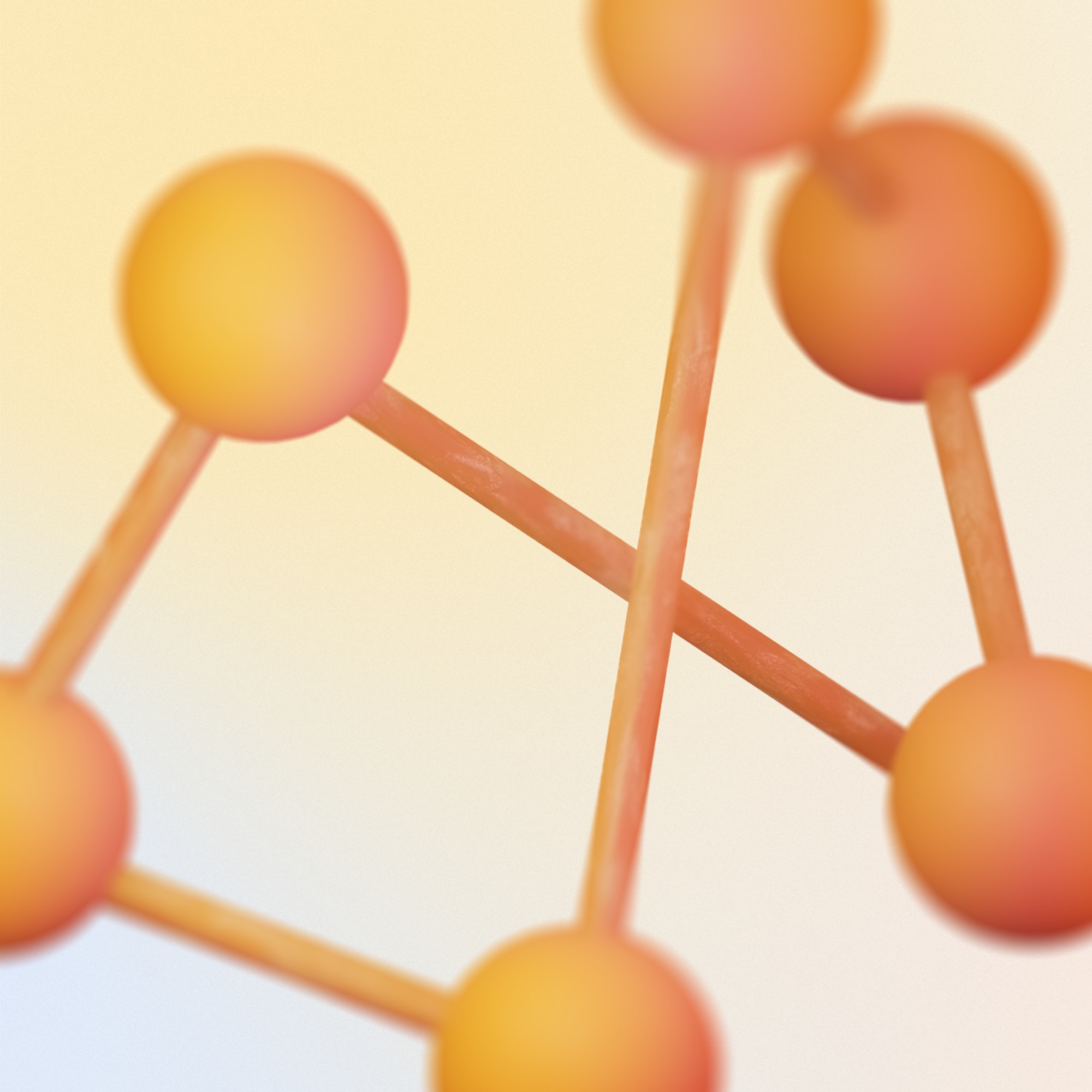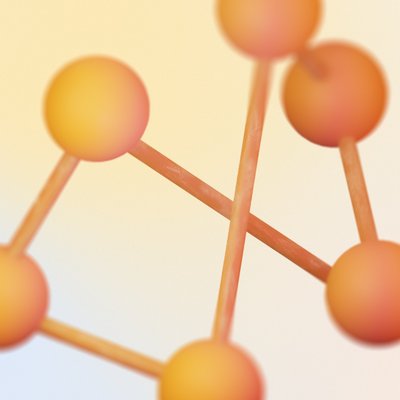What is quantum computing?
Quantum computers use quantum physics to access different computational abilities than classical computers. Google Quantum AI is exploring potential applications for cleaner fertilization, more efficient batteries, pharmaceutical discoveries, and more.
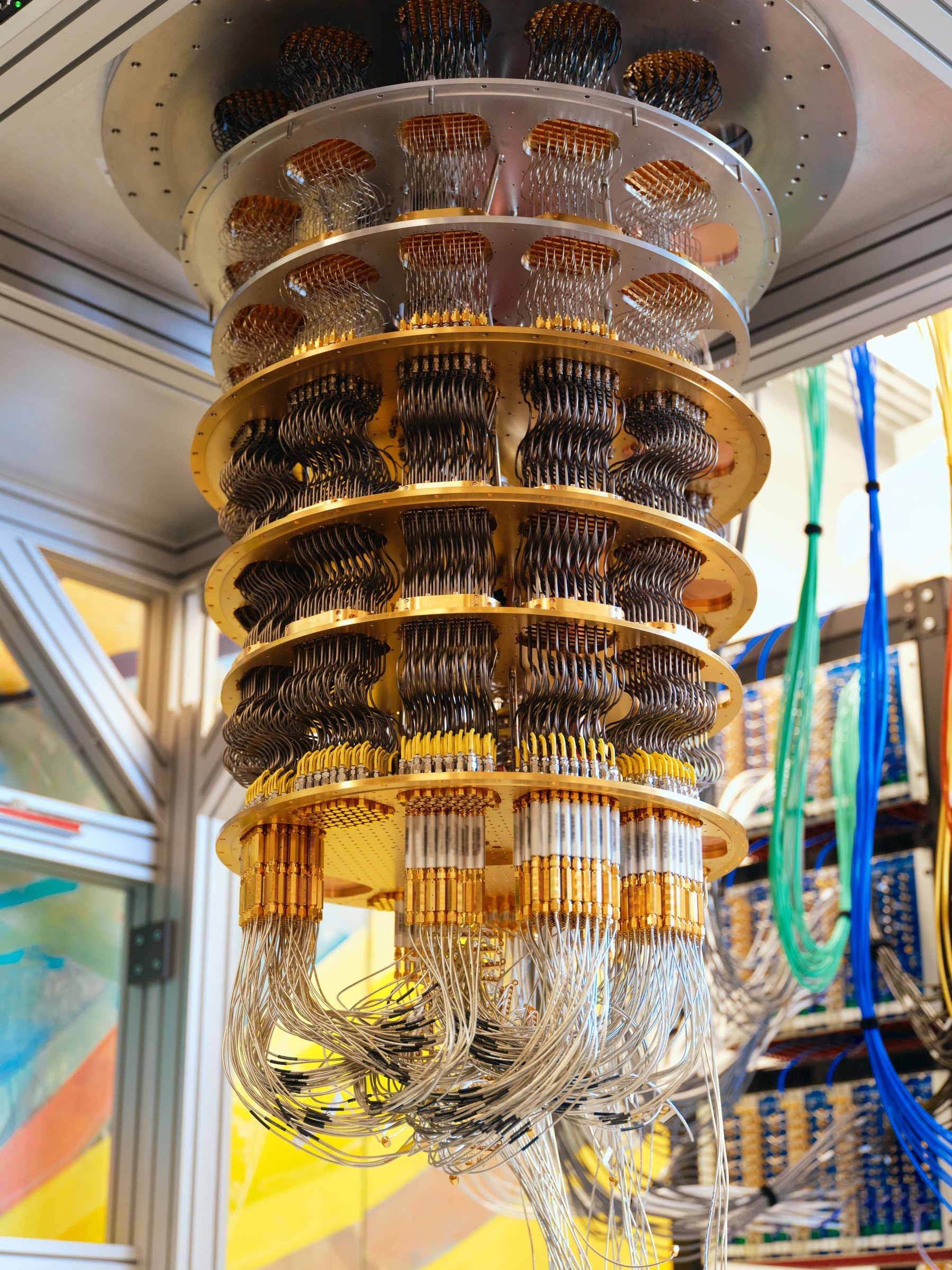
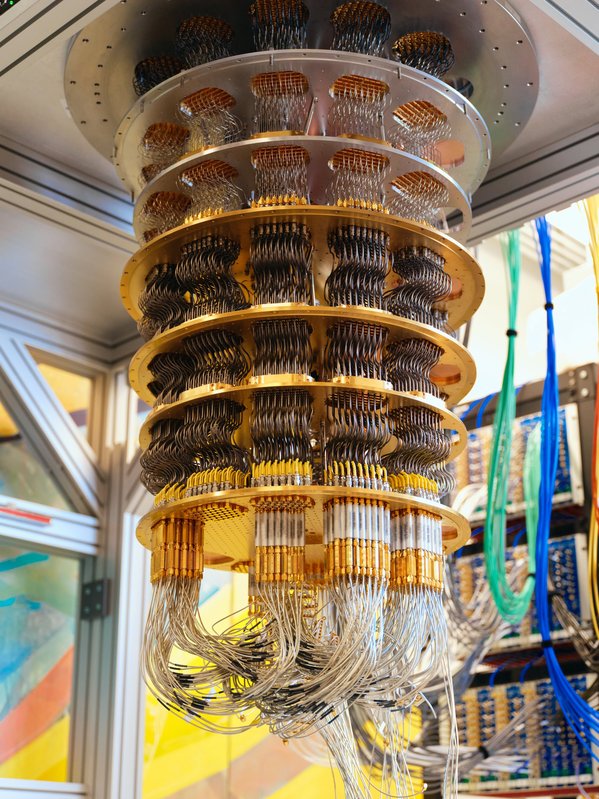
Quantum computers can perform tasks no classical computer can
Classical computers have enabled some of humanity's greatest achievements. But even as classical computers continue to improve, there are certain problems we do not expect them to ever be able to solve. Because quantum computers use quantum physics to access new computational abilities that are inaccessible to classical computers, we expect that they will be able to solve some problems exponentially faster than classical computers can.
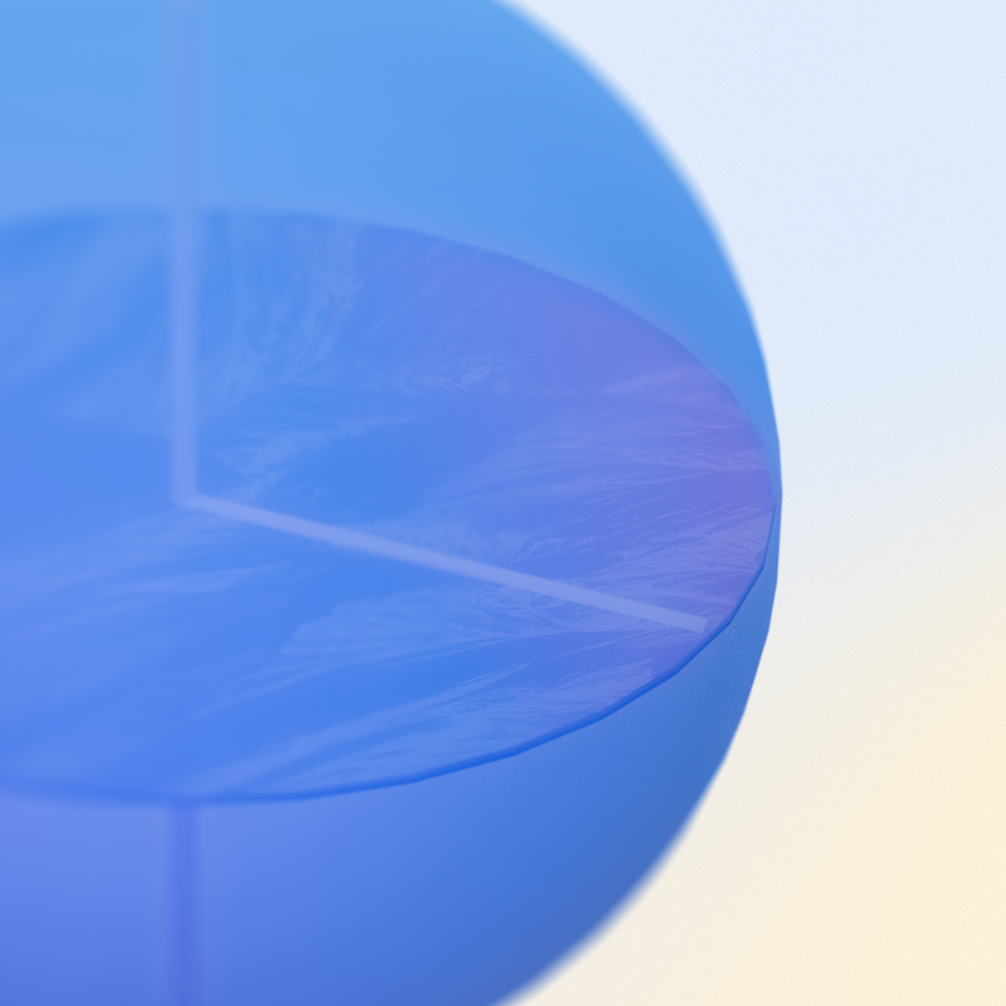
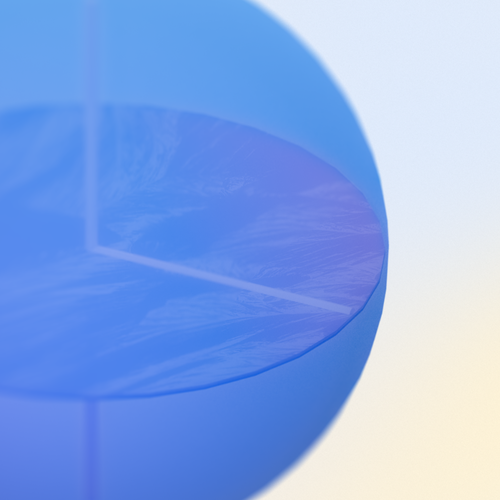
Superposition is a quantum 'superpower'
In classical computing, information is stored in bits, which can take the value of either 0 or 1. Quantum computers use quantum bits (qubits) instead of bits. Those qubits take on richer states and extend beyond just 0 or 1 - they can be in a superposition, or a complex combination, of both 0 and 1.
With superpositionSuperposition is a property where a qubit takes the value of a complex combination of both 0 and 1.
, we can explore an exponentially large space of possible solutions to a problem.
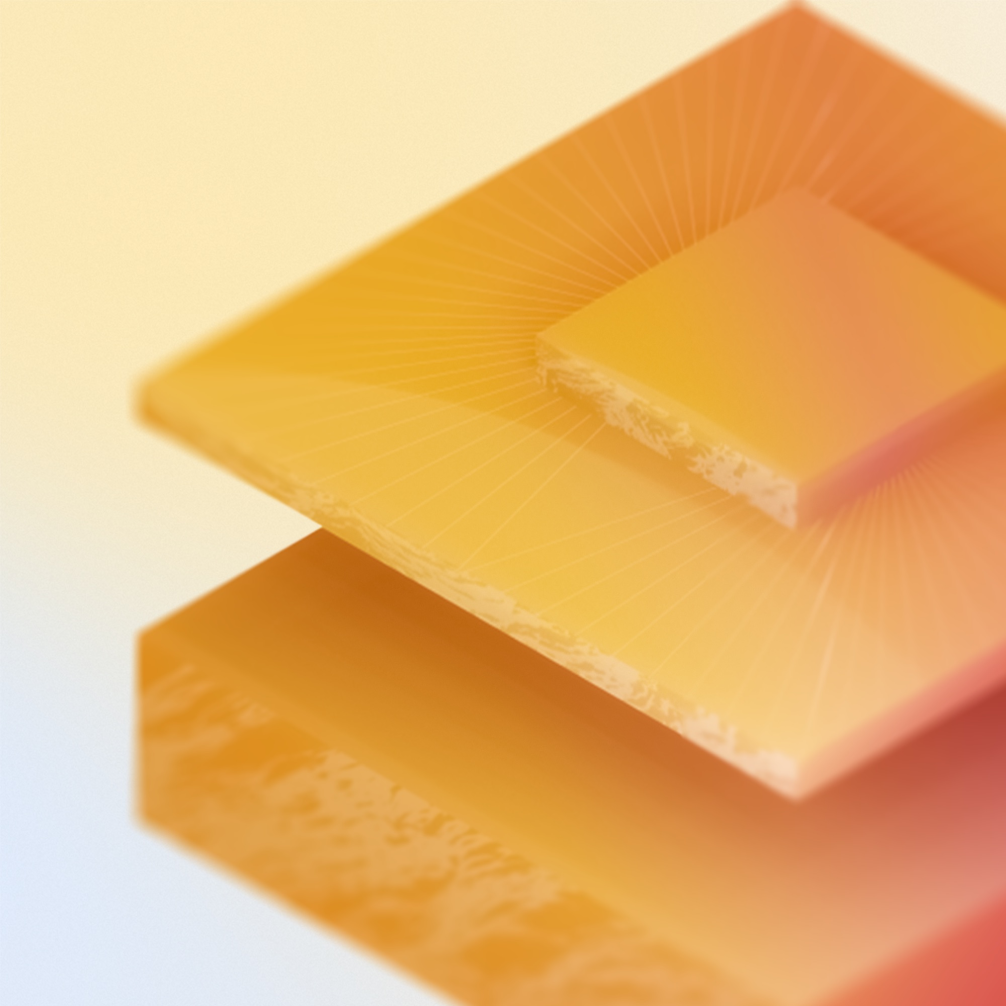
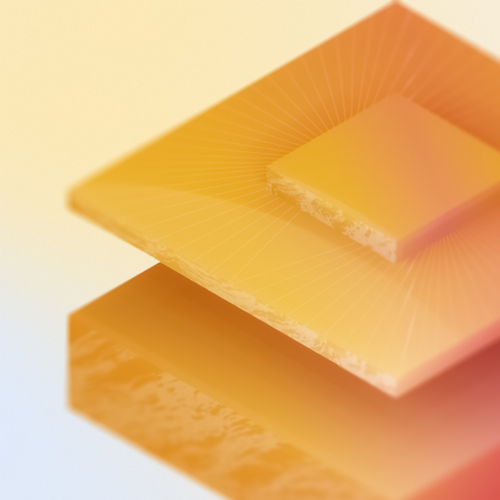
Current quantum processors are noisy
Today's quantum processors are powerful enough to accomplish some contrived tasks more efficiently than the fastest classical supercomputers. But they still need to be improved to achieve their full potential. We call the current state of quantum computing the noisy intermediate-scale quantum (NISQ)While still at an early stage, NISQ era quantum computing holds the potential to explore some useful applications before fully error-corrected quantum computers arrive.
era.
Because noise plays a large role in the performance of NISQ devices, it's challenging to compare them to classical computers, which essentially work without error. We've developed a framework based on a circuit’s "effective quantum volume" to evaluate the computational cost of quantum circuits that can be run on today's noisy devices.
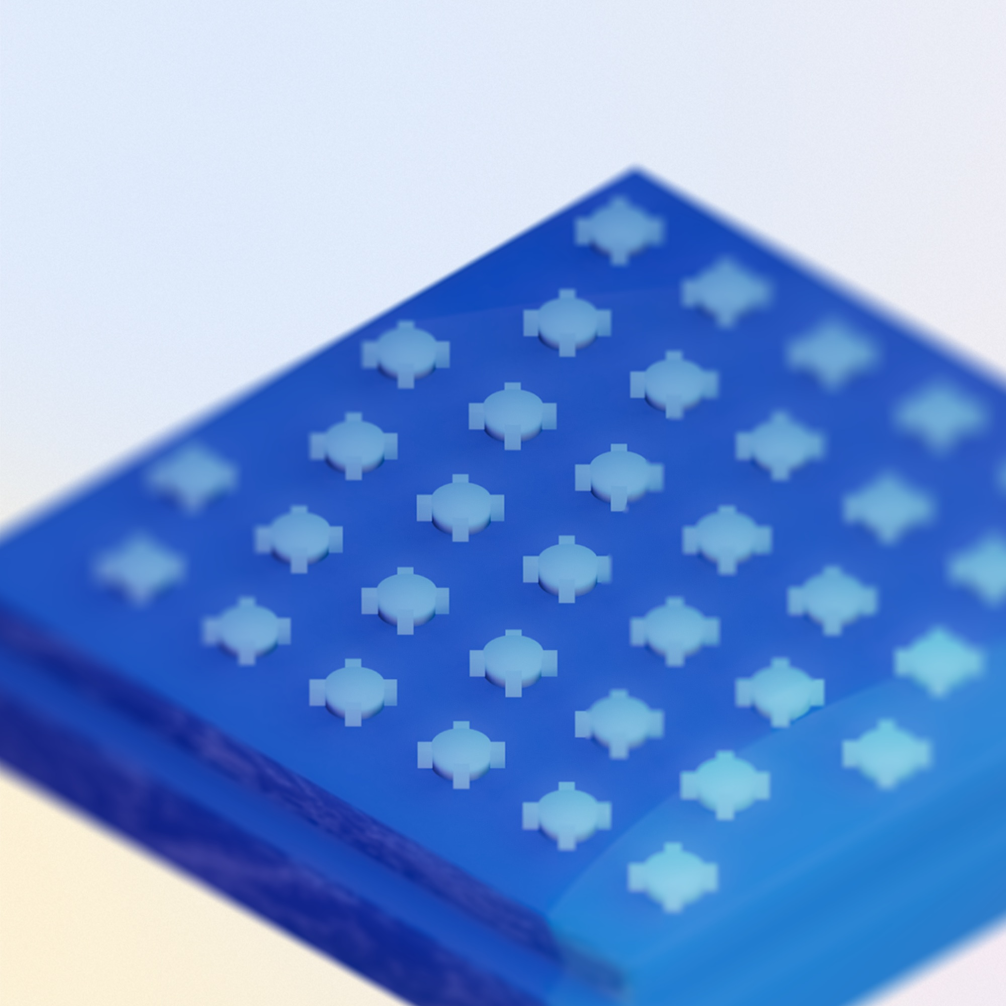
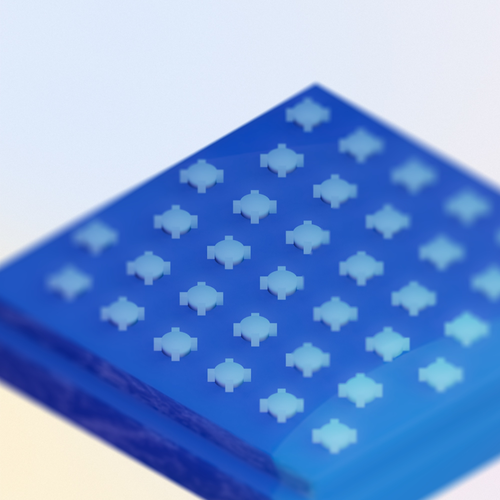
A full-scale quantum computer requires error correction
Qubits are highly sensitive to their external environments, and even stray particles of light can introduce errors. For meaningful computation, these errors must be corrected, and error correction must be improved as quantum processors are scaled to larger numbers of qubits. We view the achievement of scalable error correction as a necessary step towards a truly useful quantum computer.
What can we do with quantum computers
We believe that quantum computers will be uniquely capable of solving some of the world's most pressing issues. Our current processors are being used to model phenomena that are inherently quantum mechanical. And Google is actively working with collaborators on a variety of potential long-term industrial chemistry applications such as the development of cleaner fertilization. Here are a few examples that we are most excited about.
